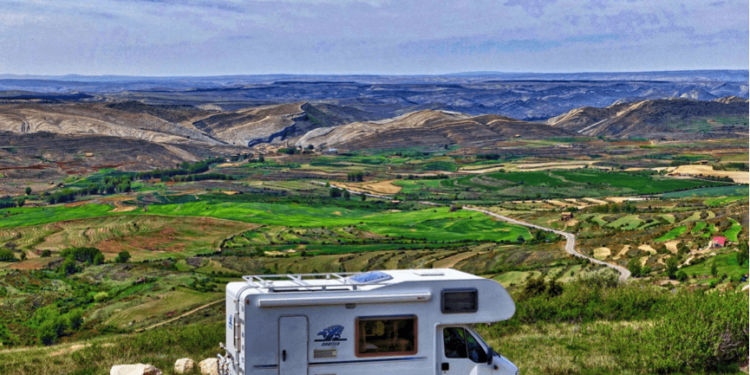At some point in life, everyone has to start at ground zero and gain experience before becoming proficient at an activity. Operating an RV is no different; a person must take the time needed to familiarize themselves with the vehicle.

Do a Dry Run
A dry run includes packing the vehicle, testing the RV’s parts and taking the rig for a drive. Practice before the big trip ensures comfort and safety while on the open road.
Reduce Water Weight
The RV is heavy enough as is, adding weight in the form of water only serves to slow the vehicle down and worsen an already bad mileage situation. Most camp spots have full hookups therefore between stops only travel with a quarter or half full fresh water tanks. While at camp, be sure to fully empty the gray and black water tanks before setting off the next day, this saves a lot of money.
Less is More
Even in a 40 ft. Class A RV, space is limited. Having clutter not only creates an uncomfortable living situation, it creates a driving hazard. When the RV is in motion, many loose items can become projectiles therefore if it is not needed, leave it at home.
Invest in Tools
Going off the grid has the added benefit of being away from the rush of regular life, but that also means you will be further away from help if something goes wrong. It helps to have a great set of tools for those emergency situations.
Plan Ahead

Knowing the amenities available at a campsite and reserving a spot before arriving will prevent many wasted hours of driving around frustrated and cranky because there was no space for your rig or no space to remove waste products.
Author bio: Rana Tarakji is an entrepreneur and a contributing writer at Stylerail, a lifestyle blog as well as Sataco, an electro mechanical company in Lebanon.



